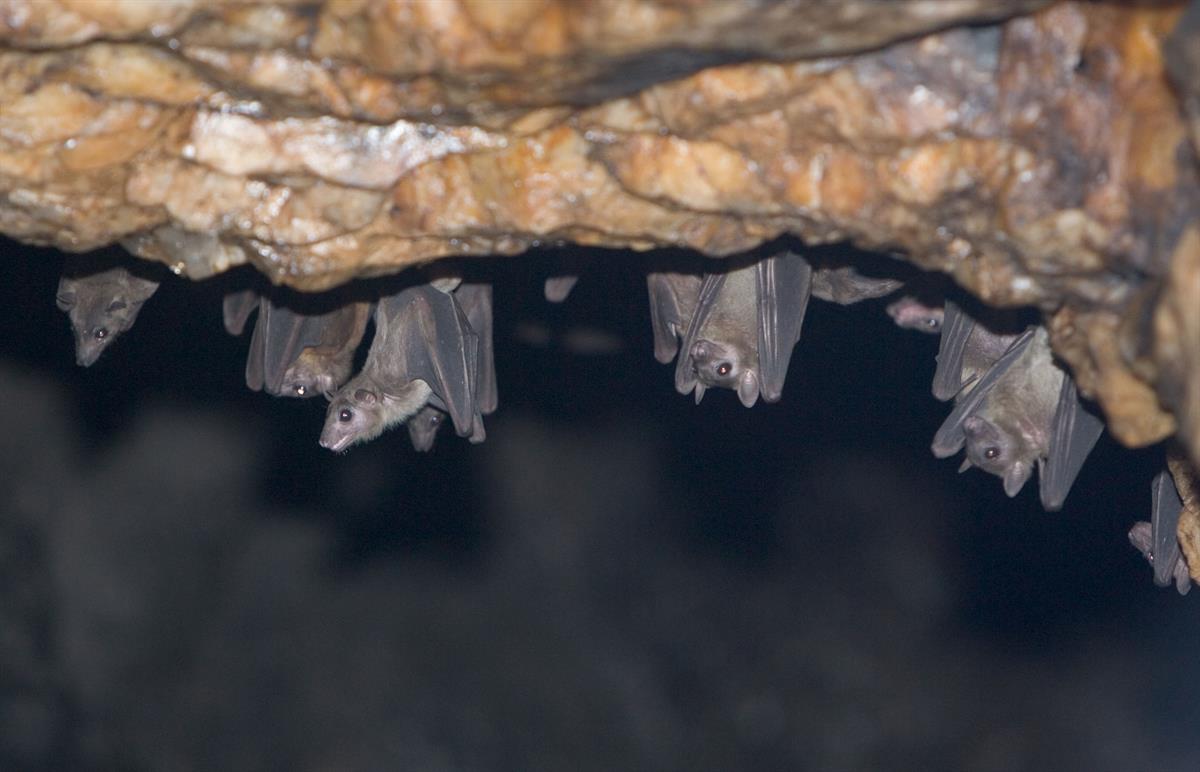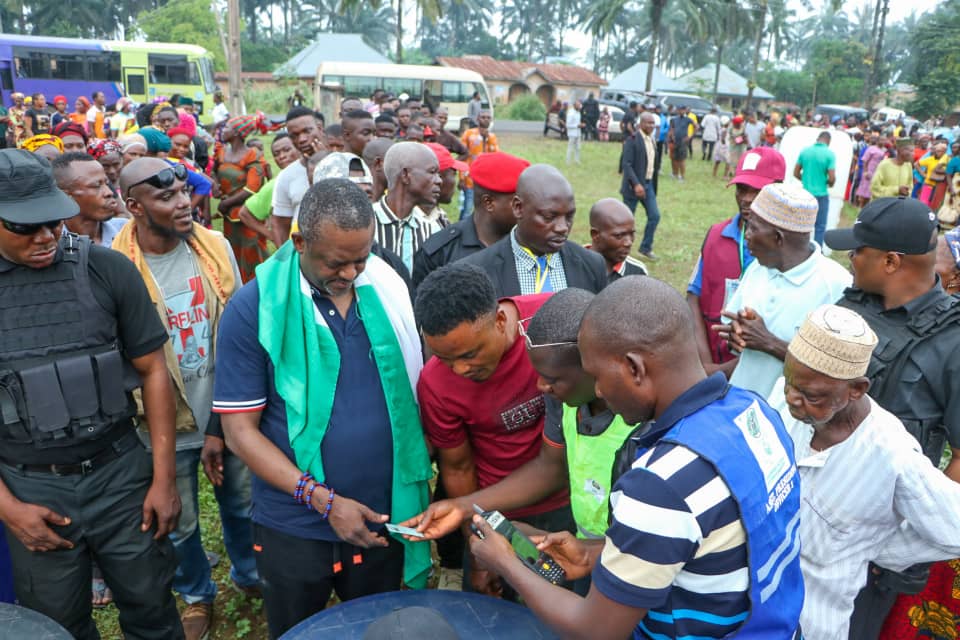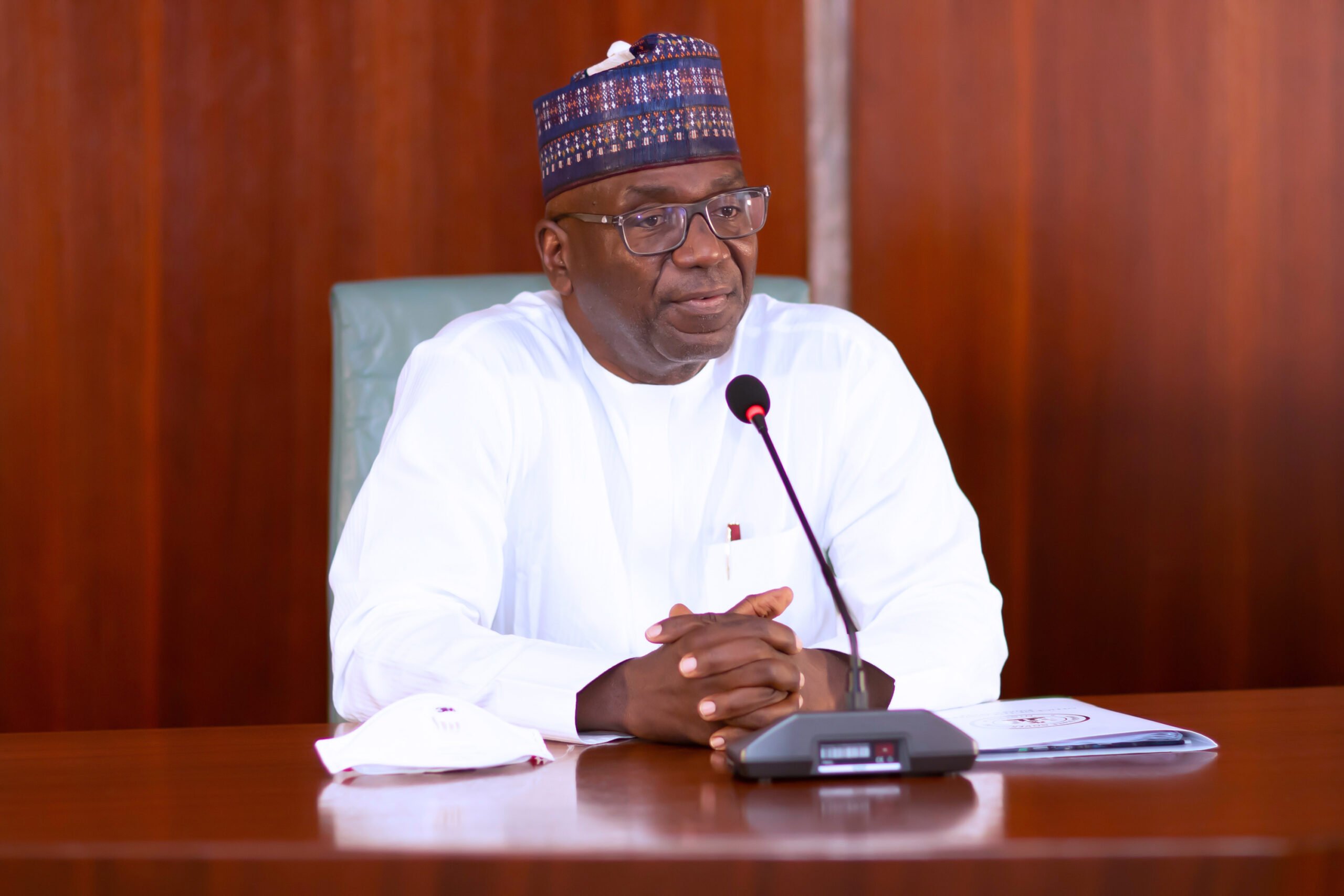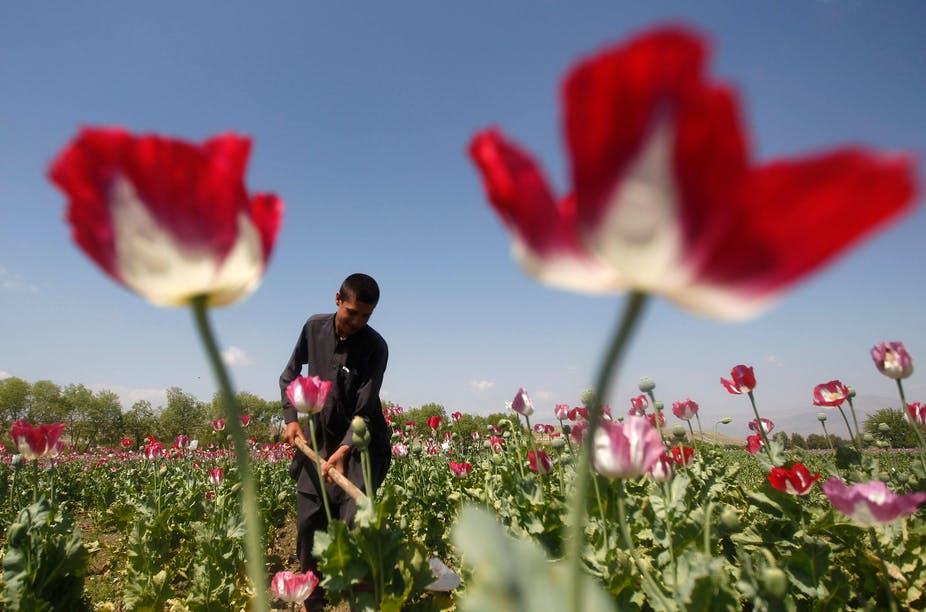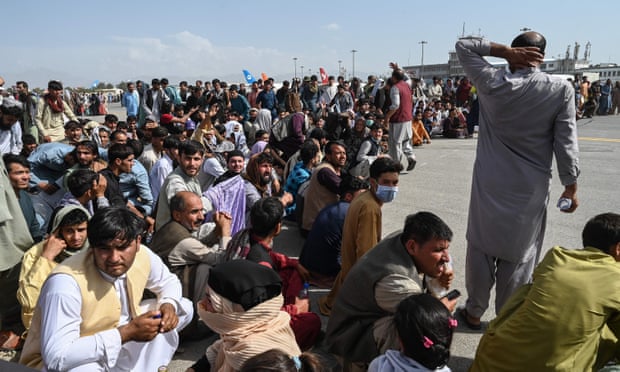BY FESTUS OGUN
Abba Kyari, Nigeria’s ‘super cop’ reputable for investigating celebrated criminal cases, is in the news for about two weeks now after an arrest warrant was issued against him by a United States District Court for conspiracy to fraudulently obtain and launder money. The Deputy Commissioner of Police is currently wanted by the Federal Bureau of Investigation (FBI) to face not less than three charges in his role in the internet scam spearheaded by Nigerian celebrity, Ramon Abbas, popularly known as Hushpuppi. The indictment is embarrassingly heavy and it is capable of leaving the international reputation of the Nigerian state in questionable corners if not well managed. Regardless of what may be said, the trials of Abba, the son of Kyari, would expose the battered image of our country to untold shame and leave its leadership to ridicule.
Ever since the news broke, there have been some disturbing legal and political insinuations by some quarters; coming after the empty exculpatory denial by Kyari. From being a super cop, he became a tailor, debt collector and later an editor; all within a twinkle of an eye. Considering the serious nature of the indictment, the infamous Facebook statement, which was later deleted, tells more about the intelligence of a decorated police officer that headed the Intelligence Unit of the Nigerian Police. That said, in the light of the controversies trailing the imminent extradition of Kyari, this article seeks to make a dispassionate analysis of the law and politics of extradition in Nigeria.
Nigeria is a sovereign state and no foreign authority can encroach its territory to effect an arrest or carry out an extradition without lawful justification. As a constitutional democracy, everything done by all authorities and persons must follow the law as established under Section 1(1) of the 1999 Constitution of the Federal Republic of Nigeria. It is on this ground that the extradition of Kyari must be carried out in accordance with the dictates of the law.
Under international law and Nigerian law, there are a number of factors that must be considered and conditions that must be met before a person can be considered extraditable. To start with, Nigeria and the United States must have in existence an extradition treaty. Interestingly, Nigeria and the United States have signed an Extradition Treaty long ago; precisely December 22, 1931 and entered into force on June 24, 1935. In fact, the existence of this treaty is incontestable as Nigeria has invoked its provisions to extradite a number of its citizens to the United States. In the case of UDEOZOR V FEDERAL REPUBLIC OF NIGERIA 2007 15 N.W.L.R. Part 1058 Page 499, the Supreme Court affirmed the existence of an Extradition Treaty between Nigeria and the United States. However, apart from the Extradition Treaty between the two countries, the Extradition Act of 1966, (Extradition Modification) Order, 2014 and Extradition Act (Proceedings) Rules, 2015 are sacred laws that set out the legal and procedural framework for extradition in Nigeria.
Advertisement
By virtue of Section 6 of the Extradition Act, an extradition request shall be made in writing to the Attorney-General of the Federation (AGF) by a diplomatic representative or consular officer of the United States and shall be accompanied by a duly authenticated warrant of arrest. Thereafter, upon the satisfaction of conditions precedent, the law places upon the Attorney General of the Federation the power and discretion to commence an extradition proceeding against a person named in the warrant of arrest in a Federal High Court. This discretion, it is submitted, shall be exercised judiciously and in furtherance of public interest. Importantly, the intervention of the court in the extradition process is to ensure that the provisions of the Extradition Act and other relevant laws are fully complied with. Therefore, where there is a breach of law in the process, there is likelihood that the court would not grant the extradition order.
Section 3 of the Extradition Act empowers the Attorney General to, among other things, reject an extradition request where the offence described in the arrest warrant is one of “a political character” and where “criminal proceedings are pending against him in Nigeria for the offence for which his surrender is sought”. Consequently, it becomes crystal clear that the success or otherwise of Kyari’s extradition lies principally on the shoulders of the Attorney General.
Curiously, the Office of the Attorney General of the Federation and Minister of Justice hurriedly stated that it has not received any official communication on the arrest warrant issued against Kyari. He emphasized that “everything will be done according to the rule of law and based on the dictates of the extant provisions of the law”. Indeed, I completely agree that due process must be followed in a matter like this. With profound respect, however, I find the Federal Government’s insistence on due process very hypocritical. For a government that treats rule of law and due process with contempt, the strange insistence on the dictate of the extant provisions of the law is sheer dissimulation. It is shameful and scandalous that a government that abducted Nnamdi Kanu from Kenya and attempted to whisk away Sunday Igboho from Benin Republic – all in brutal violation of international law and diplomacy – is the same government propagating the ‘rule of law’ in Kyari’s case; looking more like a suspicious defence to a loyal servant of the corrupt system. A government that shamelessly selects when to respect the rule of law should not be trusted and taken seriously.
Advertisement
In what looked like a melodrama, the Nigeria Police Force went ahead to set up a probe panel headed by the Deputy Inspector General of Police in charge of Force Criminal Investigations Department, Joseph Egbunike where Kyari has appeared no less than four times. It beats the imagination how the Nigerian Police Force is conducting an investigation, setting up panels and taking disciplinary actions against Kyari when the Federal Government of Nigeria is saying it has not received any official communication. I really worry if the panel probe is not an attempt to hurriedly commence a criminal proceeding against Kyari which would legitimately frustrate any extradition proceeding against him – bearing in mind the fact that the offence alleged to have been committed is recognized and punishable in Nigeria.
Finally, as a regime that claims to be allergic to corruption, I would prefer to give the Nigerian government a benefit of doubt despite the glaring predilections. The Federal Government must be sincere, dispassionate and cooperative with the United States. This is because Kyari’s travail will not only put Abba on trial. Kyari’s travail puts the Nigerian Police Force on trial. Kyari’s travail puts Nigeria on trial. More significantly, Kyari’s travail puts Buhari’s anti-corruption crusade on trial. While the law strongly supports Kyari extradition, the political and ethnic dispositions peculiar to Nigeria should not be deployed to scuttle the whole process. We must not misuse this rare opportunity to score a point.
Presumed innocent under the extant laws in Nigeria and the United States, Kyari has nothing to fear and the government should not desperately ‘protect’ him if indeed his hands are clean. With the little law I know, Kyari would have broken no law if he travels to the United States to answer the tough questions put to him by the District Court. Only the guilty are afraid!
Ogun is a Lagos-based lawyer and human rights activist. He can be reached via festusogunlaw@gmail.com
Advertisement
Views expressed by contributors are strictly personal and not of TheCable.
Add a comment

